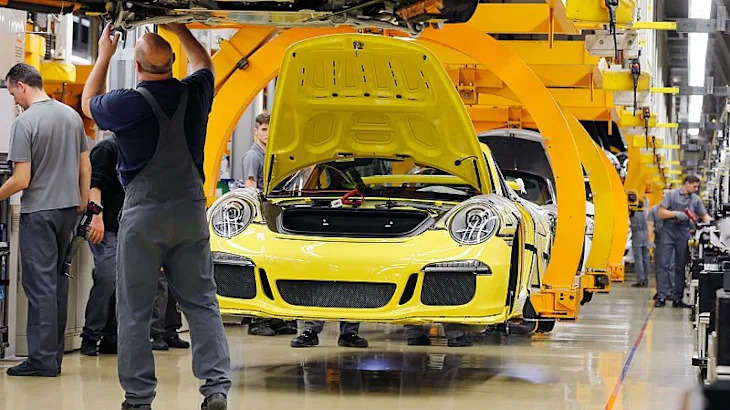(Bloomberg) -- Petroleos Mexicanos has reached a deal with an oilfield-services provider to drill in the Gulf of Mexico as the heavily indebted state energy company turns to the private sector to boost crude production.
Pemex reached an agreement with Mexico-based CME Oil and Gas to revive the Bacab and Lum fields, mature deposits that are part of the mammoth Ku-Maloob-Zaap play, according to people who asked not to be named discussing non-public information.
CME and its subsidiaries OPEX Perforadora and Perforadora Profesional Akal I plan to extend well depths to boost production 10-fold to 40,000 barrels a day by 2028, the people said. Bacab and Lum are in roughly 200 feet (60 meters) of water, and output from each peaked more than a decade ago.
CME and its units are expected to invest around $1.65 billion over the next 15 years and assume all costs and risks of the drilling operations, according to the people. The project is expected to ultimately pump the equivalent of 73.4 million barrels and revenues of $4.3 billion, with more than half the proceeds destined for government accounts, the people said.
Pemex didn’t respond to a request for comment.
The deal is an example of how Pemex is seeking to farm out work on aging assets to private sector partners to redevelop fields after years of declining output. The Mexican oil giant is taking a different tack than international explorers that routinely turn decades-old fields over to smaller firms via outright asset sales.
Pemex’s overall production has dropped to 1.8 million barrels of oil and condensate, about half of the peak two decades ago.
The deal also comes as other private-sector players look to invest in moribund Mexican oil and natural gas fields. Billionaire Carlos Slim has begun ramping up bets on the oil and gas industry in recent months, striking an agreement with Pemex to develop the Lakach offshore field, and by boosting his stake in US companies PBF Energy Inc and Talos Energy Inc.
Last month, Pemex posted its worst loss since the global pandemic emerged more than four years ago, a negative signal for whoever President-elect Claudia Sheinbaum chooses to revive production and slash the company’s almost-$100 billion debt burden. Sheinbaum has yet to announce who will run Pemex when her term begins Oct. 1.





